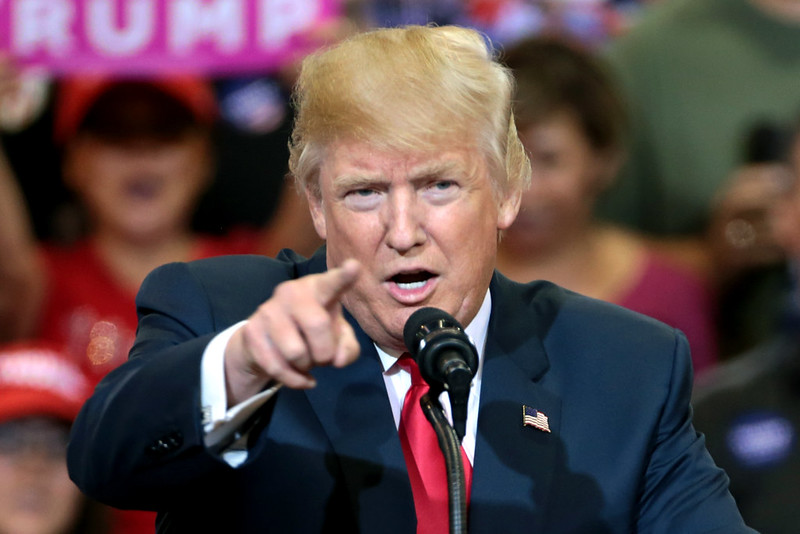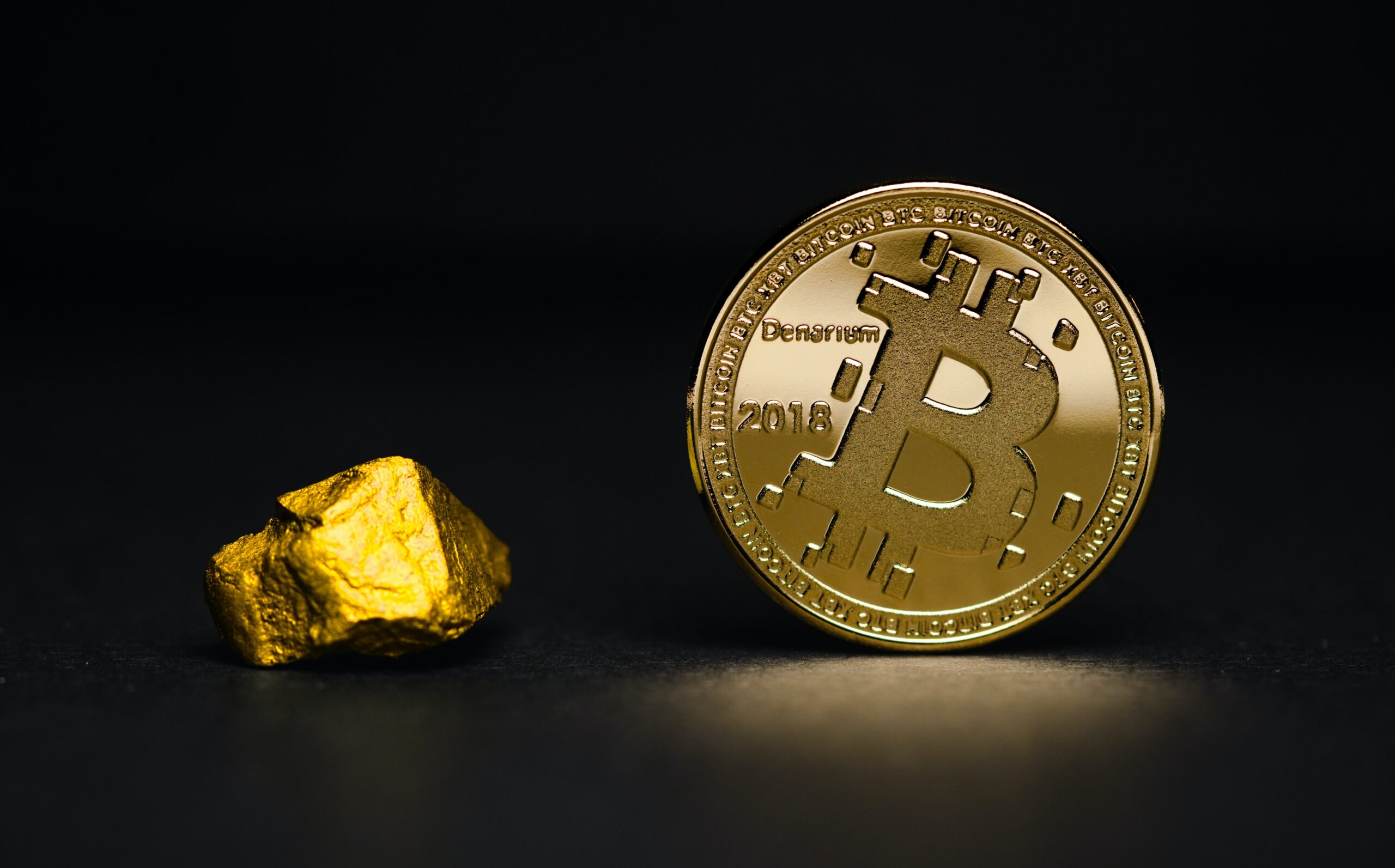Key Notes
- China seized over $59B in crypto-related crimes in 2023 alone.
- Local governments are quietly selling confiscated tokens abroad.
- The country holds around 15,000 Bitcoin tokens, with no national rulebook.
China’s pile of seized cryptocurrencies seems to keep getting bigger and bigger. While crypto trading is officially banned in the country and digital tokens are not recognized as legal assets, authorities seem to have no problem turning those coins into cold, hard cash.
As crypto adoption reaches new highs, cybercriminals are quick to seize the opportunity. Scams, money laundering, and illegal gambling involving digital assets are booming.
In 2023, Chinese authorities prosecuted more than 3,300 individuals in cases involving cryptocurrency-related crimes, with the total value of illicit activity reaching approximately $59 billion, nearly ten times higher than the previous year.
As a result, the government now holds a substantial volume of seized digital assets but continues to lack a clear national framework for managing or regulating them.
The Big Stash of Crypto China Doesn’t Know What to Do With
Some local governments, under pressure from economic slowdowns, have quietly enlisted private firms to sell confiscated Bitcoin and other tokens on overseas markets. One company helped liquidate over $400 million worth of crypto since 2018. The profits have been used to fill local government budgets.
To complicate matters further, China reportedly holds around 15,000 Bitcoin tokens through local government seizures, worth roughly $1.4 billion. That makes it one of the largest crypto holders in the world, second only to the United States.
The Two Obvious Options the Chinese Government Has
The Chinese government will likely continue leveraging seized crypto assets for its own benefit, even though its citizens don’t enjoy the same freedoms. Following Donald Trump’s reelection, the U.S. announced plans to establish a national crypto reserve using confiscated digital assets.
China appears to be considering a similar path but lacks a clear legal structure or national strategy for managing its growing crypto holdings.
This could be one clear route for China, one that might even push Bitcoin’s price higher in the short term. The other option is to formalize what they are already doing by introducing legal frameworks and transparency.
New times bring new challenges, and it seems China’s digital treasure chest is becoming far too valuable to ignore.
Disclaimer: Coinspeaker is committed to providing unbiased and transparent reporting. This article aims to deliver accurate and timely information but should not be taken as financial or investment advice. Since market conditions can change rapidly, we encourage you to verify information on your own and consult with a professional before making any decisions based on this content.















